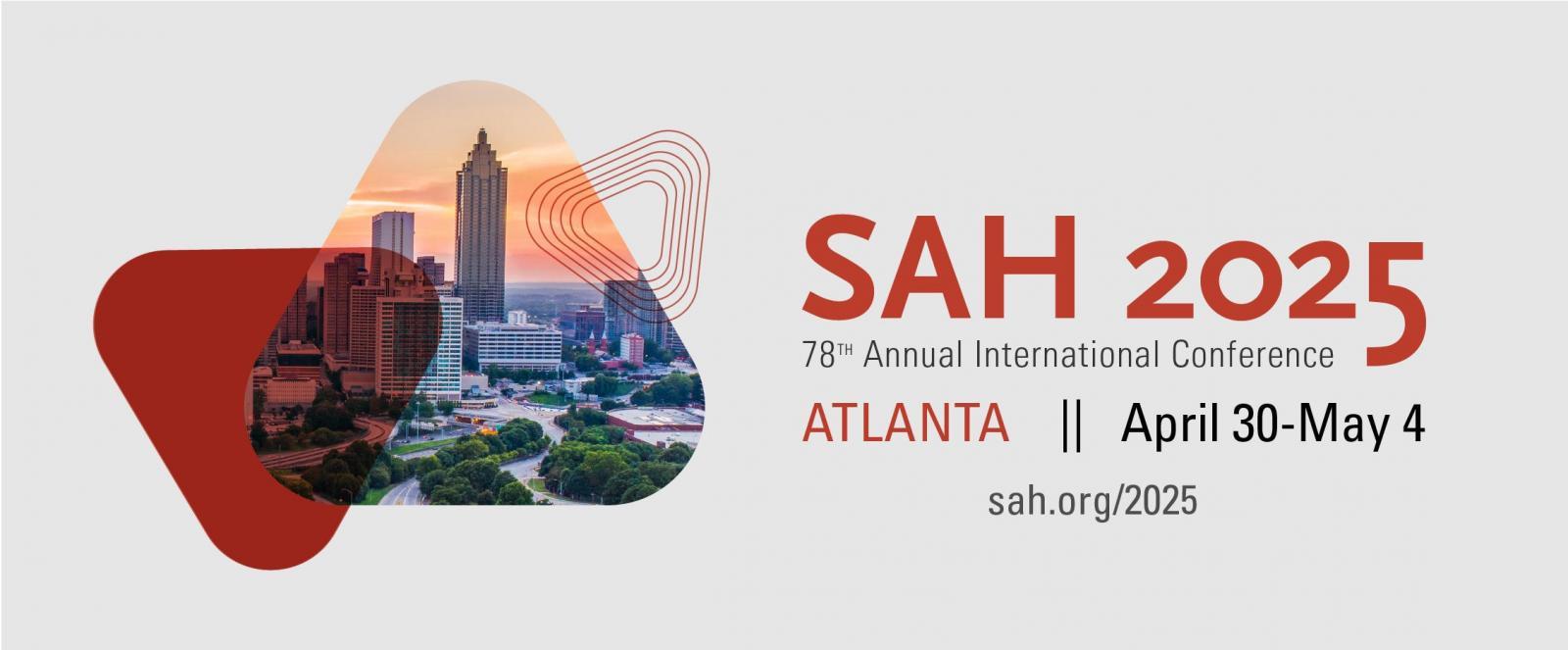Ladislav Jackson chairs a panel on decolonization of queer spaces at the conference of the SAH
The 78th annual conference of the Society of Architectural Historians will be held in Atlanta, USA, from April 30 to May 4, 2025. One of the 56 panels that will be presented at the conference this year is a panel prepared by Ladislav Jackson from FaVU BUT and Facundo Revuelta from the University of Buenos Aires, titled De-Colonizing the Other: Queer Spaces Outside the Western Canon.
Panels on queer spatiality are already a traditional part of SAH conferences. The vast majority of contributions in the last twenty years, however, mostly dealt with material originating from the cultural environment of Western Europe and North America. Such a discourse mostly shows how queer spaces served in modern times as a representation of the social status of their creators and patrons, or provided a refuge to escape from the repressive practices of a homophobically structured power. We believe that it is necessary to bring decolonization approaches into the investigation of queer spatiality and to take into account other cultural and geographical frameworks: whether it is Africa, Asia, South and Central America, Australia, or Eastern Europe. Discussing queer spatiality as an emancipatory strategy is thus in the grip of one dominant Western cultural and political narrative, while the specifics of different cultures and emancipatory movements outside of it remain out of focus.
Qiran Shang from the University of Pennsylvania will discuss the brief period when, thanks to the organization of the Fourth World Conference on Women by the United Nations in Beijing, lesbian women achieved perhaps the most significant self-organization and visibility in modern Chinese history. Aparajita Santra from the University of Illinois Urbana-Champaign will present her research on spaces and environments that were created by women — paid domestic workers in Calcutta, India. Santra sees them as an interaction between body, space and infrastructures. Lu Zhang from the University of Hong Kong takes us back to the turn of the 19th and 20th centuries, when communities of single women, who called themselves self-combing women, emerged in the Pearl River Delta region of China. Their dwellings created a separate building typology, including specific furnishing, and Lu Zhang presents for the first time a queer interpretation of these objects and spaces. Buse Özçelik from Istanbul Technical University examines oral history among transgender sex workers who formed a community on Ülker Street in Istanbul in the 1990s. Based on interviews with witnesses, they attempts to reconstruct the space and identify the specific features of this space, which were by their nature highly ephemeral. Sam Yeganeh from the University of Cincinnati explores historical public baths in Iran and identifies them as heterotopic spaces that functioned for both heterosexual and queer men. Mariana Parmanhan from the University of São Paulo provides a queer interpretation of Lota de Macedo Soares’ 1951 house in Rio de Janeiro, based on careful research of surviving correspondence and her literary legacy.
More information: https://www.sah.org/2025
| Author | Mgr. Tímea Vitázková |
|---|---|
| Published | |
| Short URL | https://www.favu.vut.cz/en/students/news-and-calls/f91716/d288864 |
Responsibility: Mgr. Klára Ergensová, DiS.